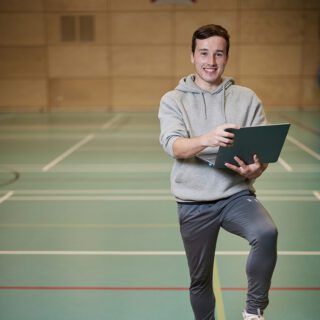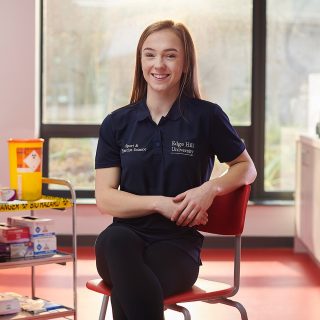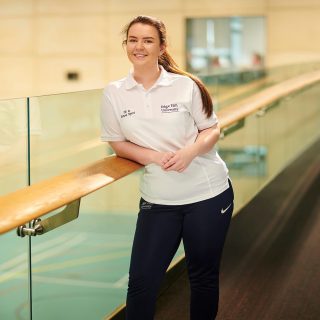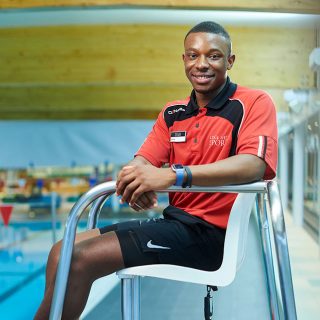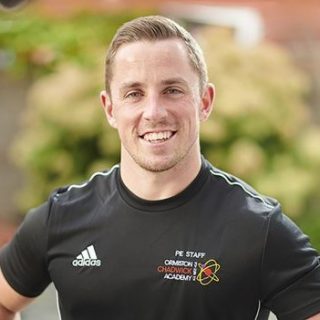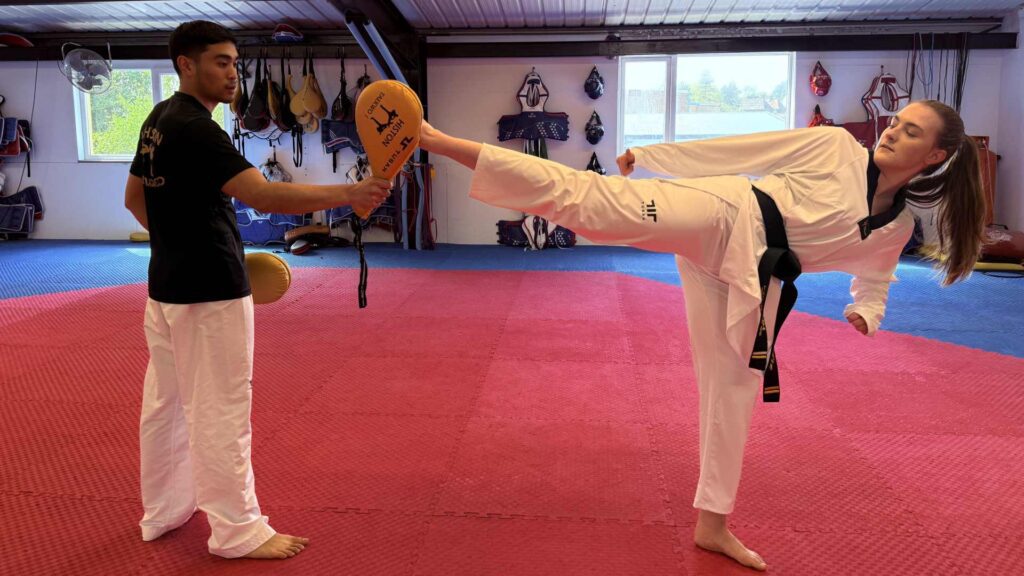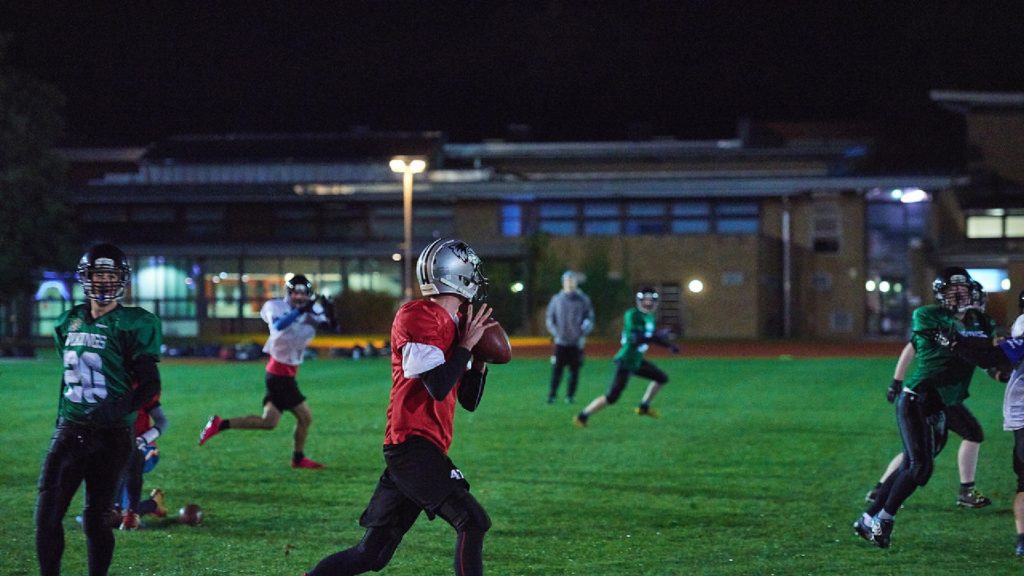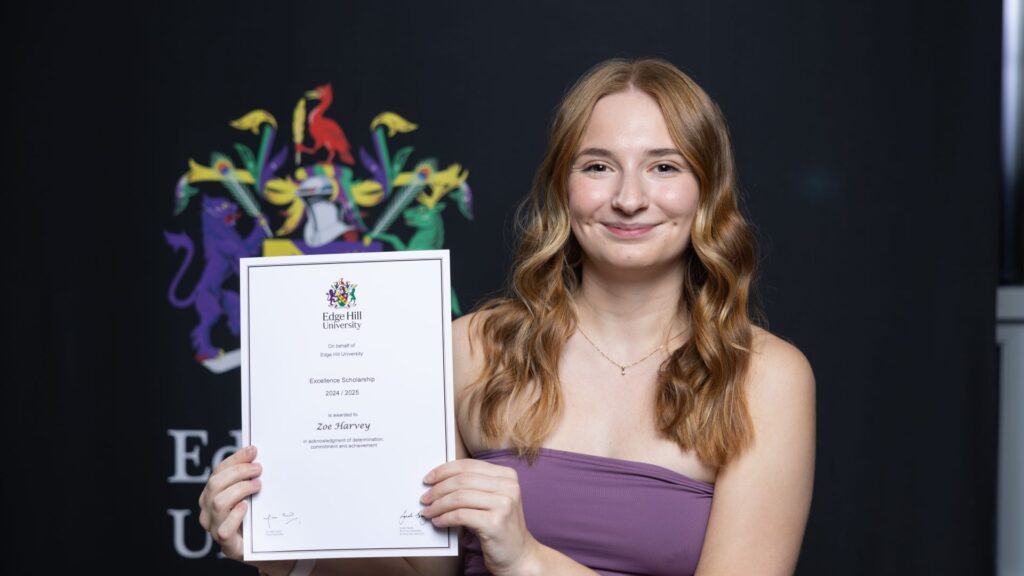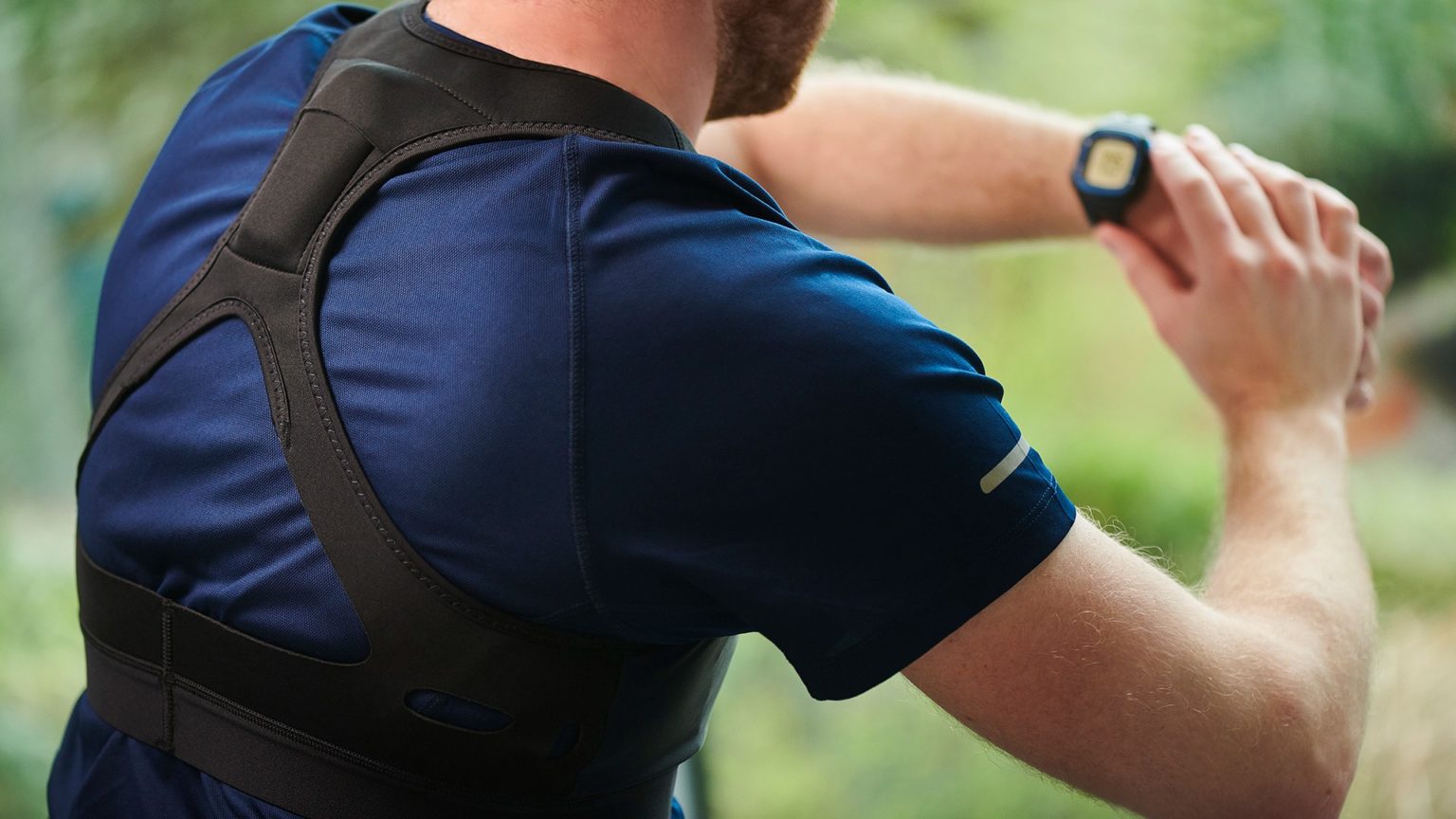
Undergraduate Sport and Physical Activity
Get the skills and experience you need to turn your passion for sport into a dream job. At Edge Hill, you’ll find plenty of opportunities to prepare for a lifelong career as a professional.
With excellent facilities, like our specialist labs and fully-equipped Sports Centre, exciting research projects, and real life work placements, you’ll be active from day one of your course. Whatever area of sport and physical activity you decide to focus on, we’re with you every step of the way.
Maximise your employment opportunities in core sectors related to sport and physical activity. We have a range of endorsements and accreditations from professional bodies, providing quality assurance and ensuring our courses are aligned with professional standards. If you have a desire to pursue a sports-related career, Edge Hill University is the ideal place to begin your journey.
Kickstart your career and become part of the next generation of sport professionals: 96.32% of our Sport and Physical Activity students are employed or in further study 15 months after graduation (Graduate Outcomes data released 2024 from 2021/22 graduates).
Work on real life projects or go on work placements with national sports teams, local clubs, schools and community sport and health organisations.
We are 2nd in the North West for learning resources (National Student Survey 2024 – Sport and Exercise Sciences).
A number of our courses are accredited or endorsed by professional statutory regulatory bodies. You’ll be one step closer to professional status.
Ready to apply? Find out more about applying to UCAS, the application process and how to get in touch if you've got any questions.
Apply now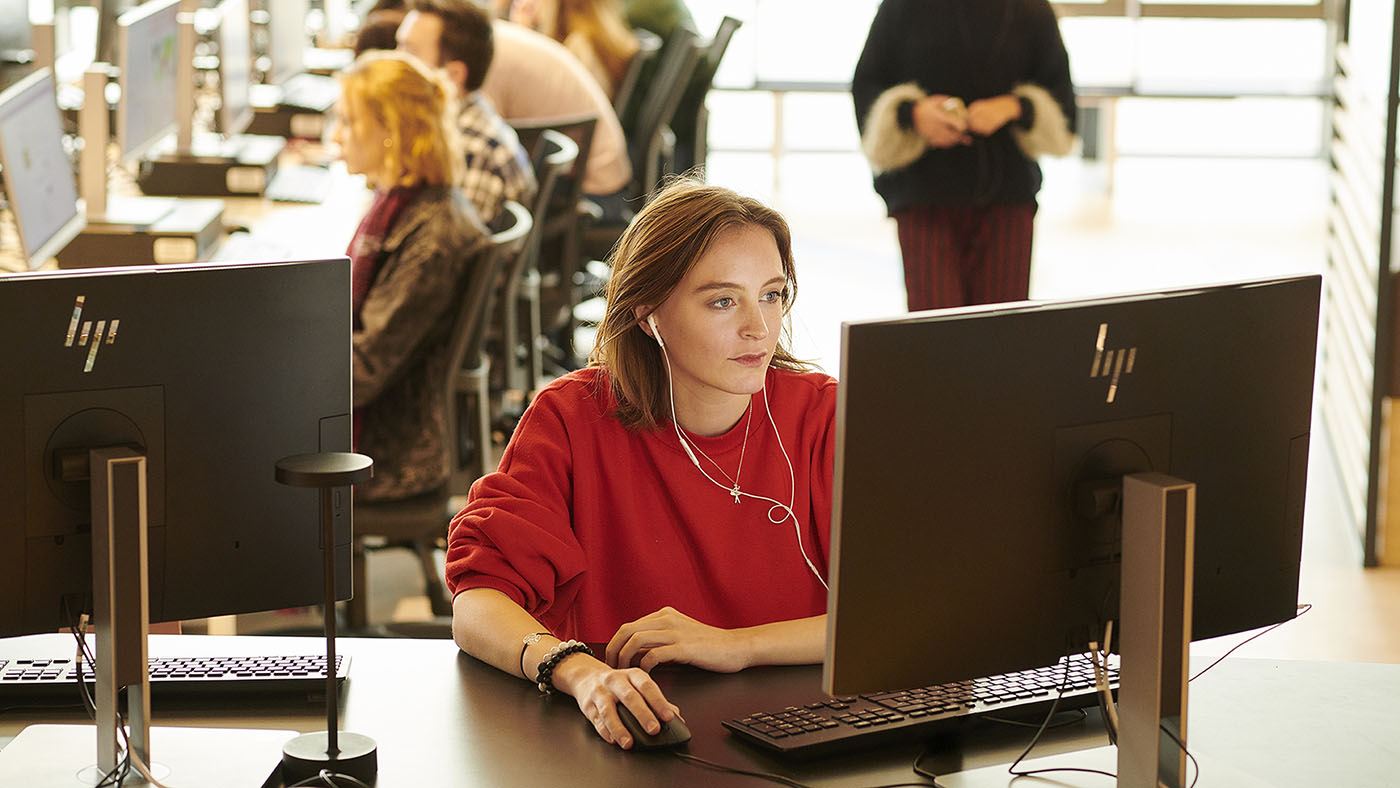
Subject Video
Discover Sport and Physical Activity at Edge Hill University
To turn your passion for sport into a dream job, you need skills and experience. Here at Edge Hill, you’ll find plenty of opportunities to practice for a lifelong career as a professional.Facilities
All courses in the Department of Sport and Physical Activity place a strong emphasis on practical work, underpinned by outstanding facilities including dedicated biochemistry, biomechanics, performance analysis, physiology and psychology laboratories.
There is a dedicated sports therapy clinic, providing a clinical learning environment in which to gain practical experience, as well as a functional rehabilitation centre where bespoke rehabilitation programmes for individuals or small groups can be implemented.
Cutting-edge musculoskeletal assessment tools combine with a dedicated strength and conditioning area in our MSk laboratory, while a Sleep, Exercise and Performance laboratory enables you to measure the responses of individuals to sleep, sleep deprivation and changes in the circadian rhythms of a variety of biological processes.
Additional learning resources include eye-tracking systems in a specialist vision analysis laboratory where you can measure hand-eye coordination, ocular-motor control and other mechanisms associated with visual perception.
Complementing the impressive academic facilities, there are £30 million of sport and leisure facilities across 60 acres on campus.
